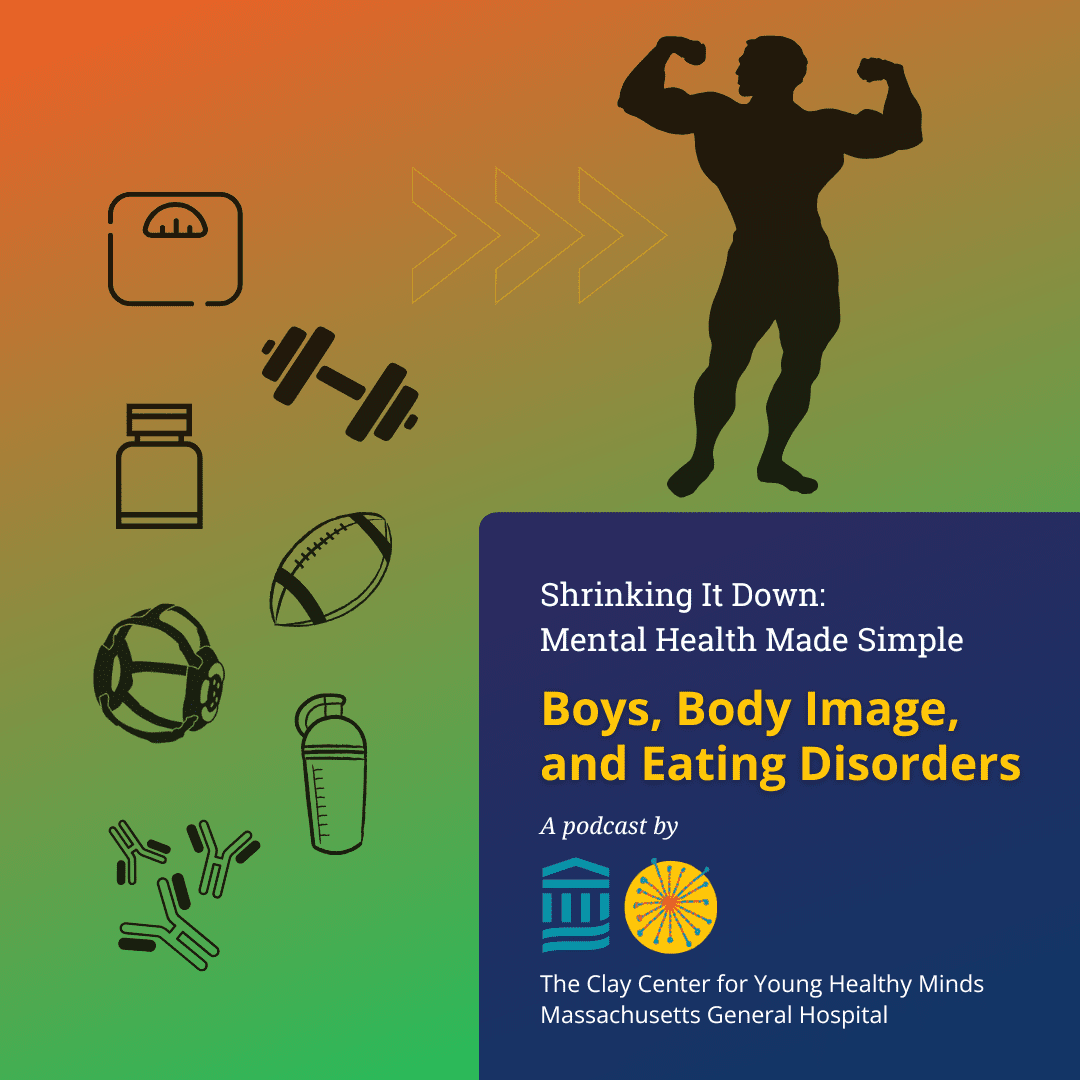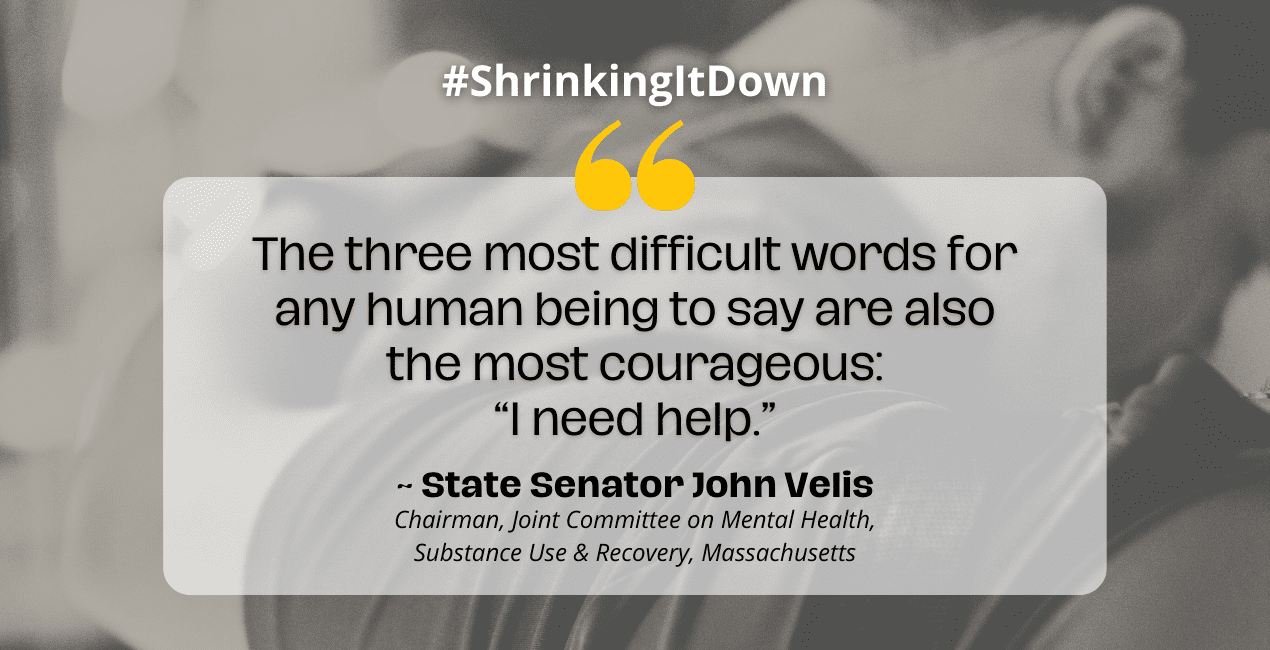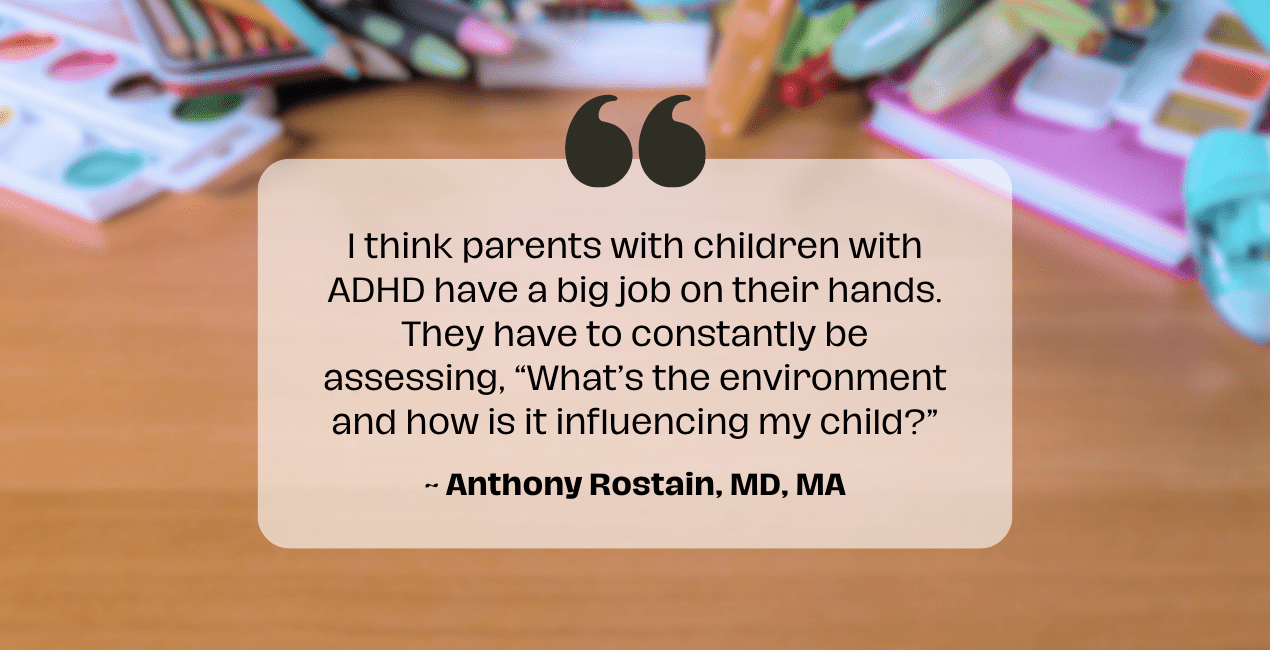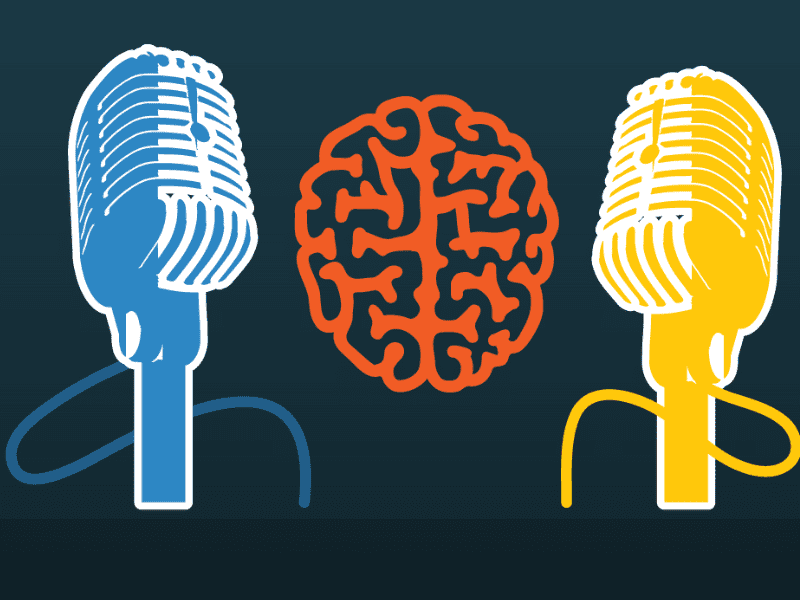Podcast
Boys, Body Image, and Eating Disorders, feat. Jason Nagata, MD

Most teens stress over body image at some point. But when you hear the term “eating disorder” what do you think of? Probably not boys and men. Yet, adolescent boys struggle with body image and disordered eating behaviors nearly just as often as girls do.
Tune in below, or wherever you get your podcasts.
The Role of Roleplay in Therapy
If you’re a regular listener, you’ll know we often reference the benefits of roleplay games – from dress up to Dungeons & Dragons – for healthy child development. It can help kids better understand themselves, better understand others, and build self-confidence.
Alcohol and Drugs. Why Do Teens Use?
Many of us know that the teen years can be a time for experimenting with alcohol and other drugs. But a recent CDC study found the reason why teens use substances today isn’t just for experimentation, but also to stop worrying about problems, and even to help with depression or anxiety. This is really concerning.
Equine Therapy. How Does It Work? feat. Janice Gilman of BINA Farm – Shrinking It Down
You’ve probably heard of pet therapy, but what about equine therapy?
Special guest Janice Gilman of BINA Farm Center joins Gene and Khadijah to help us learn about the many different kinds of equine therapy for kids.
What Can States Do to Support Youth Mental Health? feat. Senator John C. Velis

To address the youth mental health crisis, we need to approach it from different angles – including access, education, and legislation. So, what are states doing to make a difference?
Tune in below, or wherever you stream!
Today, Gene and Khadijah are joined by special guest Senator John C. Velis of Massachusetts.
Stimulants! Myths, Misconceptions & Managing the Shortage, feat. Anthony Rostain, MD, MA – Shrinking It Down

What role should prescription stimulants play in a child’s ADHD treatment plan?
Tune in below, or wherever you stream.
Today, Gene and Khadijah are joined by Tony Rostain, MD, MA, chair of Psychiatry and Behavioral Health at Cooper University Health Care, to discuss this and more.
Lonely College Students: What Can We Do to Help? – Shrinking It Down
Recent national surveys show that a significant proportion of college students report having felt overwhelmed, anxious, and lonely during college. If college is supposed to be the “best years of your life” then why are so many students lonely? That’s what Dr. Gene Beresin and Dr.
Fears & Phobias in Kids, feat. Susan Sprich, PhD – Shrinking It Down

Fears and phobias are not the same thing.
All of us have fears – kids and adults alike. Many of us even enjoy a good scare now and again (there’s a reason why horror movies do so well). And most fears in our children – real or imagined – eventually respond to reassurance, emotional calming, or distraction.
Coping With Gun Violence, Together, feat. Gretchen Felopulos, PhD (Shrinking It Down)

With increasing gun violence and constant media coverage, many kids are scared to go to concerts, to malls, to school.
Tune in below, or search for “Shrinking It Down” wherever you get your podcasts.
Many adults are feeling the same – coping with gun violence can be paralyzing.
Autism: Making the Transition to College, feat. Chris Keary, MD

Starting college for the first time can be a big deal for all kids, but for those with Autism Spectrum Disorder there’s even more to consider for making it a smooth transition. As parents, how do we provide the best support? How involved should we be?
Special guest Dr.



